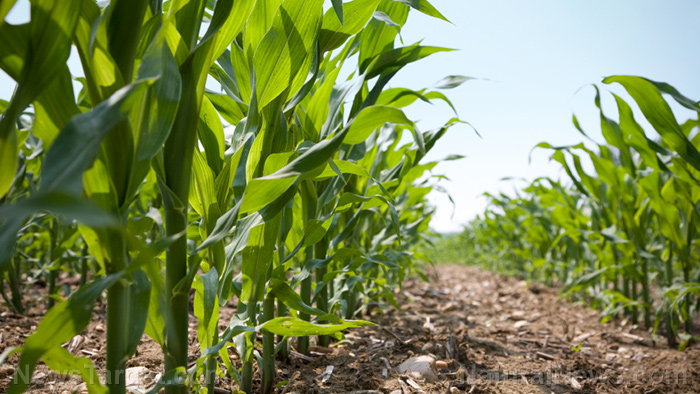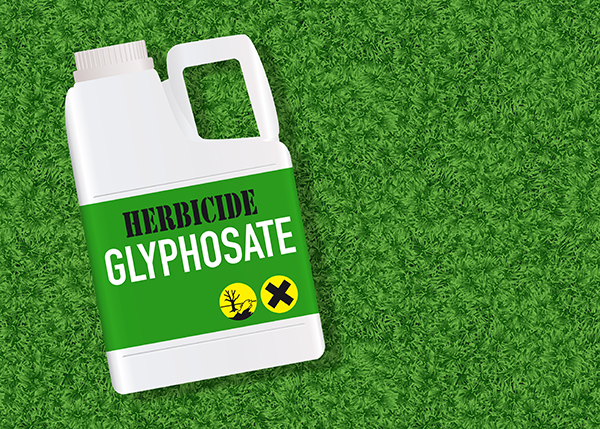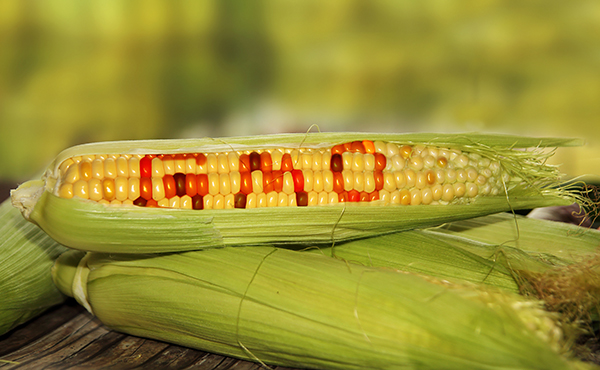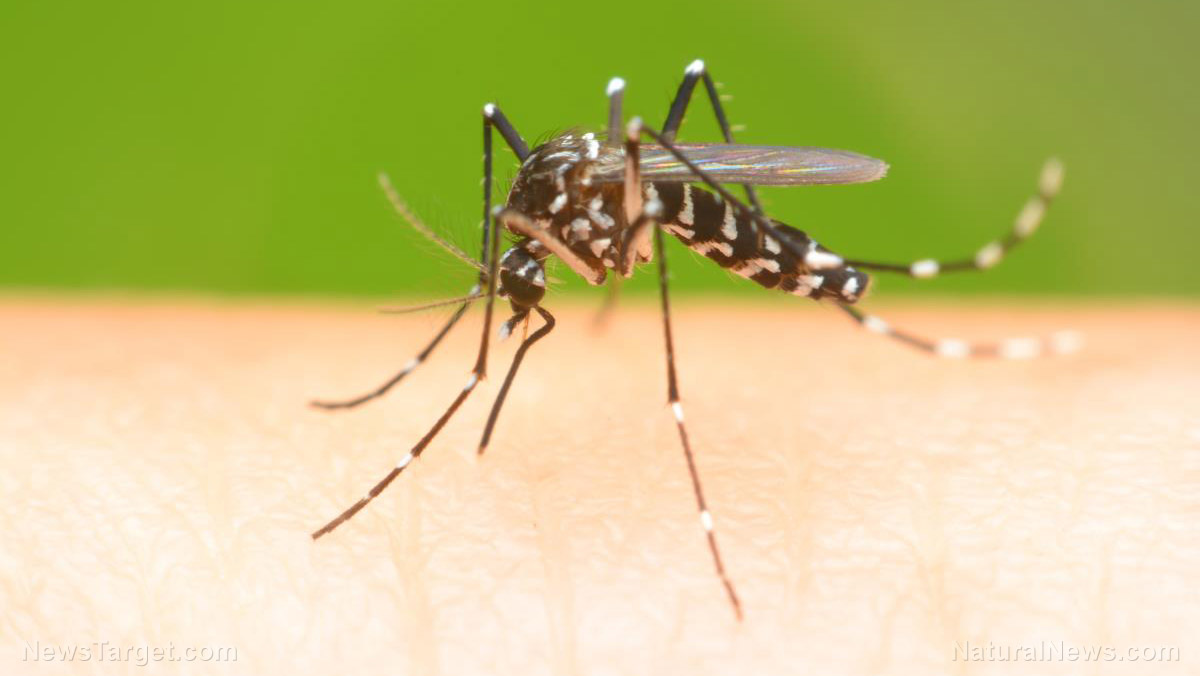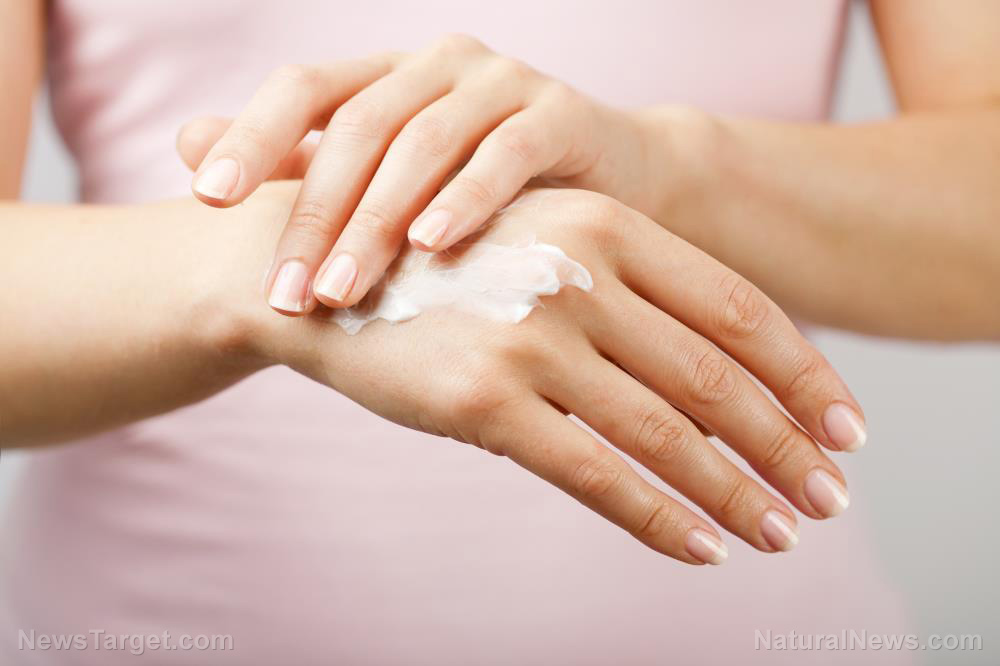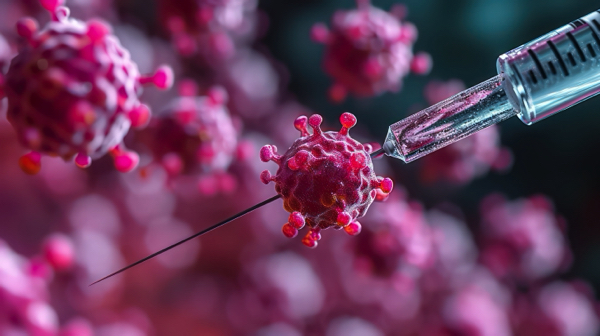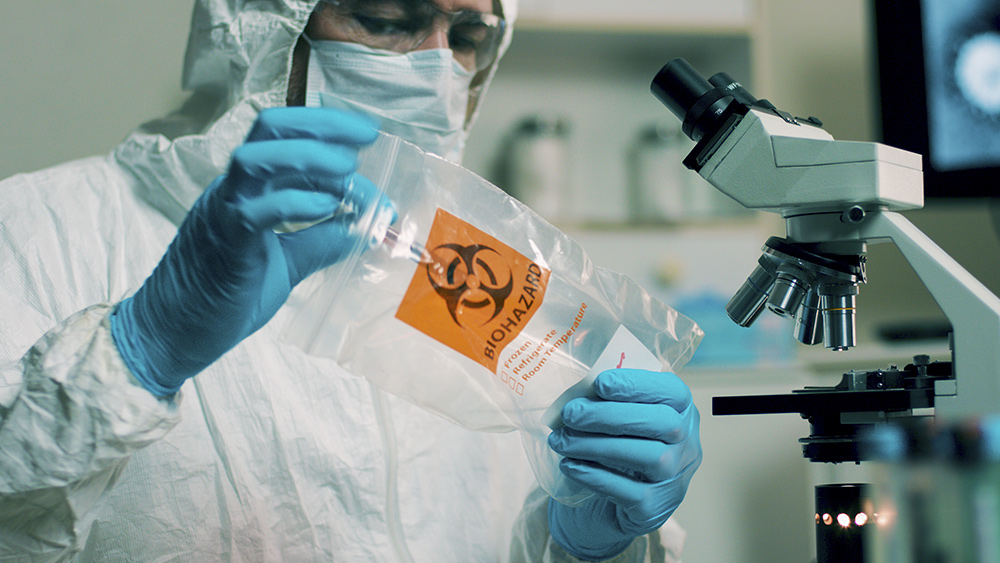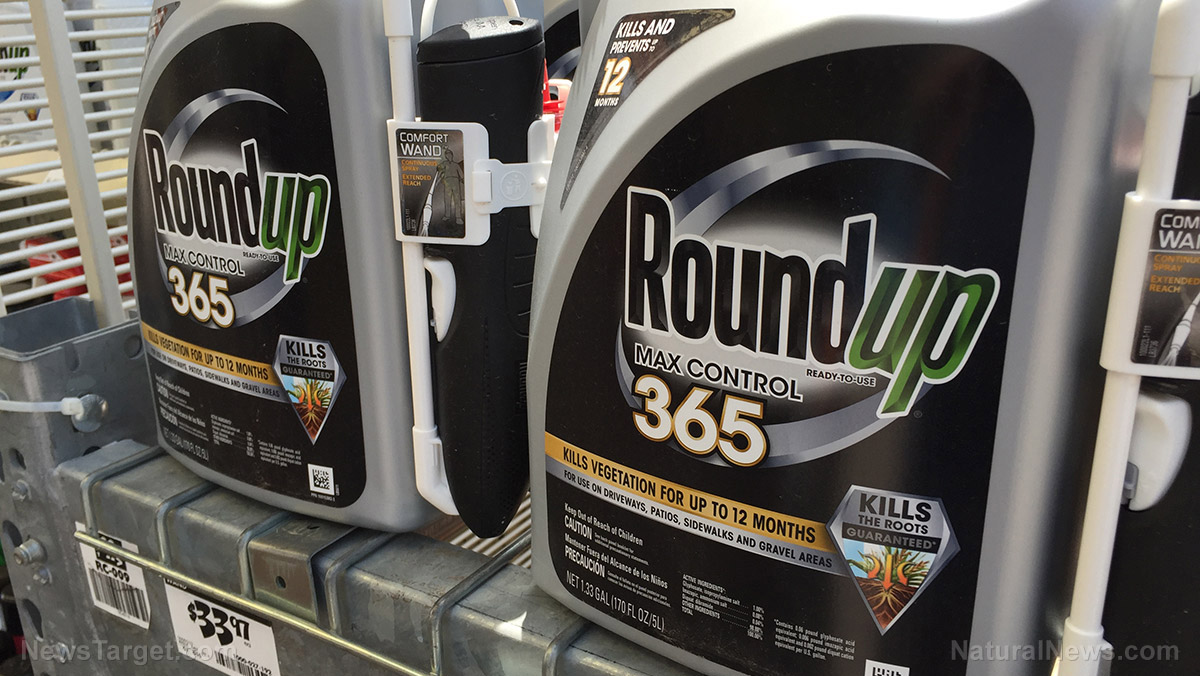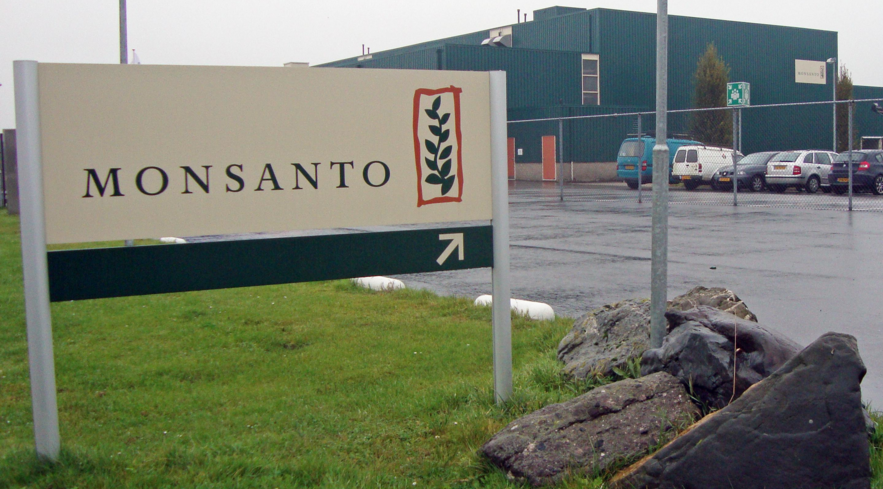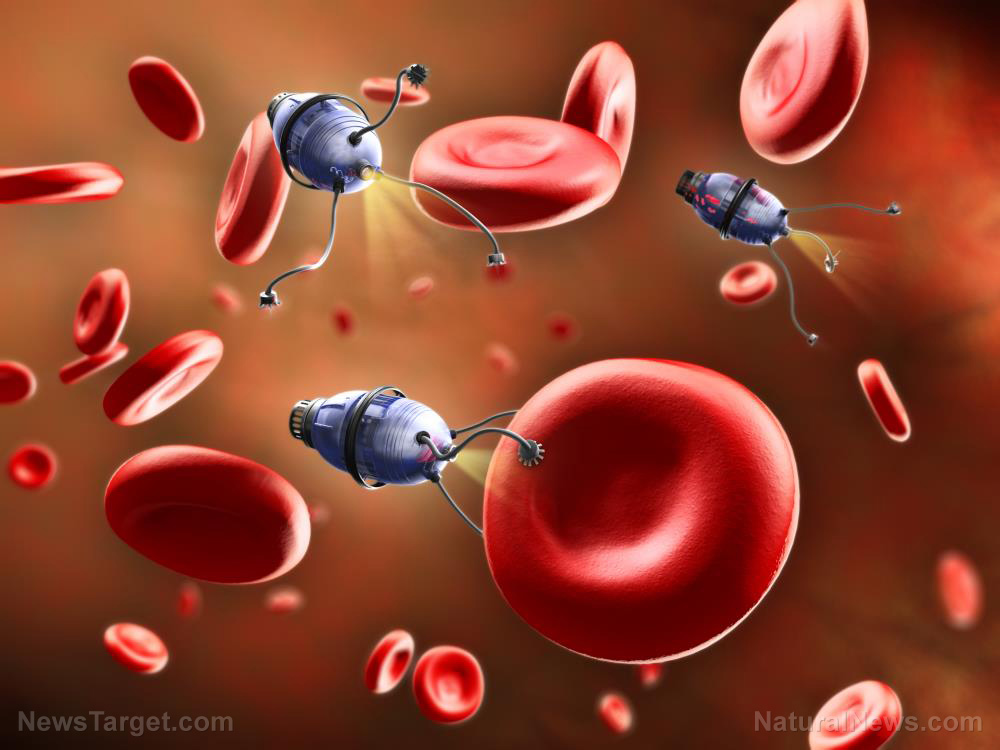GOT ADULTERATED MILK? Synthetic “milk” products contain SHOCKING ingredients you won’t believe
04/24/2025 / By S.D. Wells

Got synthetic milk? What is that white stuff you and your kids are drinking? Is it contaminated with adulterated chemicals, byproducts and fungicide? Does this translate to all things conventional dairy being “fake” and toxic, including ice cream, sour cream, cheese and yogurt? What’s the deal with the fake milk scandal. Truth news has the inside scoop.
Synthetic dairy protein has been found to contain up to 92 unknown molecules and fungicide, a new lawsuit alleges. As food technology companies promote synthetic dairy as a sustainable alternative to traditional milk, a new lawsuit has revealed startling discoveries about what’s really inside these lab-made products.
Independent laboratory testing uncovered 92 unidentified molecules — including a fungicide — in “synthetic milk” sold under brands like Bored Cow. The product, which uses a manufactured whey protein called ProFerm, was found to lack key nutrients found in real milk while containing fungal proteins never before consumed by humans.
The lawsuit, filed in the Superior Court of the District of Columbia, accuses Perfect Day, the biotech company behind ProFerm, of “false, unfair, and deceptive marketing” about the protein’s safety and nutritional value. With major corporations like Nestlé and Mars incorporating synthetic proteins into products, the findings raise urgent questions about transparency and regulation in the booming food-tech industry.
- Fake Nutrition, Real Risks: Synthetic “milk” replaces natural nutrients with lab-made additives like corn syrup, hydrogenated oils, and artificial flavors—lacking the proteins, amino acids, and minerals found in real cow’s milk.
- Hidden Saturated Fats: Despite marketing claims of being “healthier,” these imitations often contain hydrogenated fats (like coconut oil) with more saturated fatty acids than natural butterfat.
- Dangerous for Vulnerable Groups: These products are deemed unsafe for infants, children, pregnant women, and malnourished individuals due to their poor nutritional value and synthetic additives.
- Label Lies: Many brands sneak in unlisted vitamins, minerals, and stabilizers—misleading consumers about the product’s true content and nutritional profile.
According to the Health Research Institute, which conducted mass spectrometry testing on ProFerm-based products, the synthetic protein is only 13.4% actual cow’s whey, with the remaining 86.6% composed of fungal proteins not naturally found in dairy. Additionally, the lab detected 69 missing nutrients — including essential omega-3 fatty acids and vitamins — compared to traditional milk.
Perhaps most concerning was the discovery of benthiavalicarb-isopropyl, a fungicide not approved for human consumption. John Fagan, PhD, a molecular biologist and former National Institutes of Health researcher, suggested the fungicide may have been used to control contamination during production. “The things that we see here are not really good for us, let me put it that way,” he said.
Under current U.S. Food and Drug Administration (FDA) rules, companies can self-certify ingredients as “Generally Recognized as Safe” (GRAS) without extensive independent testing. Alexis Baden-Mayer, political director of the Organic Consumers Association, called this loophole “deeply problematic.”
Diana Reeves, executive director of GMO/Toxin Free USA, stated, “Allowing this aberration into our food supply without safety testing and classifying it as GRAS highlights the urgent need to reevaluate our regulatory framework for food.” The FDA is currently under pressure to close this GRAS loophole after Health and Human Services Secretary Robert F. Kennedy Jr. ordered a review in March.
Perfect Day’s ProFerm is already in thousands of grocery stores, appearing in ice cream, cream cheese, protein powders, and milk alternatives. Brands such as Brave Robot, Coolhaus, and Myprotein use the synthetic protein, often marketed as “animal-free” and “identical to cow’s milk.”
The plaintiffs in the lawsuit are seeking an injunction to halt deceptive marketing and a jury trial under the District of Columbia Consumer Protection Procedures Act. P. Renée Wicklund, an attorney for the plaintiffs, criticized the FDA’s hands-off approach: “Manufacturers are more or less self-certifying… and the FDA is sitting on the sidelines while those products move into the marketplace.”
As synthetic food technologies expand, this case underscores the risks of lax oversight and misleading marketing. For consumers, the lesson is clear: “Alternative” may not mean better—or even safe. Until stronger regulations emerge, vigilance is crucial when choosing lab-made food claims over traditional staples.
What started as a promise of sustainability has instead revealed a disturbing trade-off: artificial ingredients bypassing safety checks, masquerading as real food. Tune your food news frequency to FoodSupply.news and get updates on more toxic foods like fake milk coming to stores near you.
Sources for this article include:
Submit a correction >>
Tagged Under:
adulterated milk, bad milk, biotechnology, Bored Cow, clean food watch, contaminated milk, fake milk, food science, food supply, grocery, health science, Perfect Day, poison, products, ProFerm, real investigations, stop eating poison, toxic chemicals, toxic ingredients, toxins
This article may contain statements that reflect the opinion of the author
RECENT NEWS & ARTICLES
COPYRIGHT © 2017 BIO TECH NEWS

